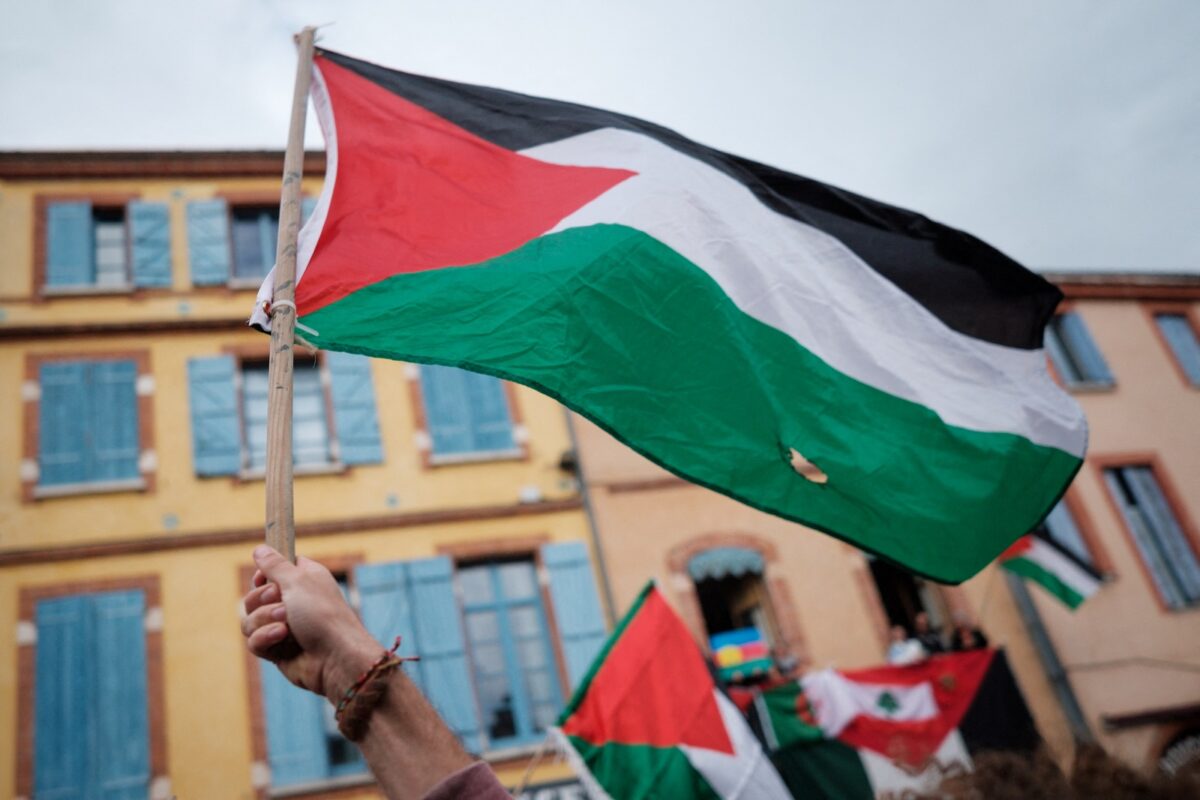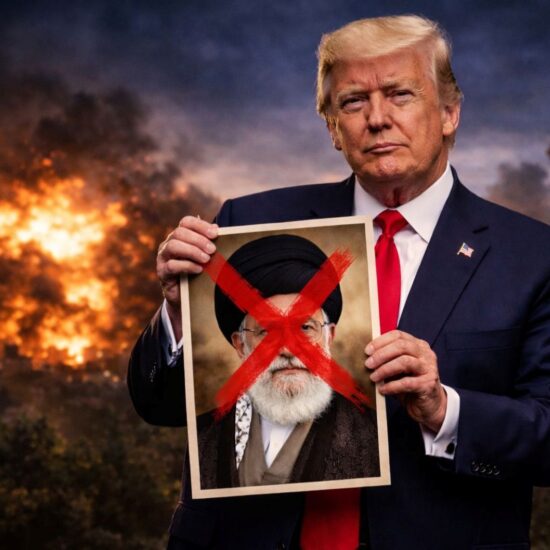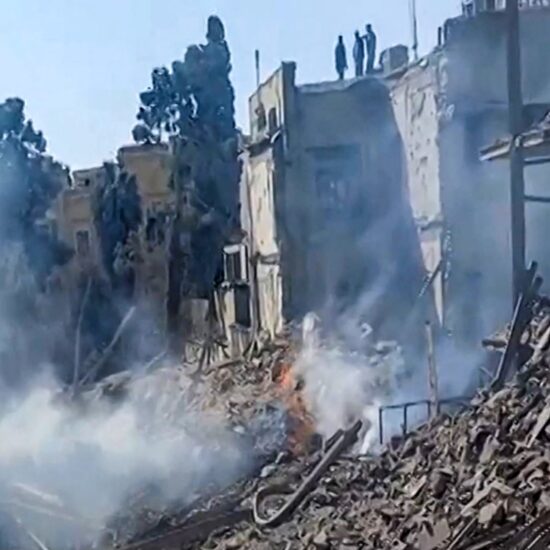
The recent events in Rafah have left many grieving and shocked, as the world witnessed another heart-wrenching massacre. The tragic loss of innocent lives serves only as a reminder of the urgent need for peace and justice. As emotions run high, it becomes essential to reflect on the historical complexities and current dynamics that shape this conflict, while also acknowledging the need for a drastic reassessment of strategies if lasting peace is to be achieved. The Israeli-Palestinian conflict has deep roots that stretch back over a century, involving different historical, political, and social dynamics.
- San Remo Conference (1920)
In April 1920, the San Remo Conference marked a significant moment in Middle Eastern history. The Allied powers, having won the First World War, agreed to divide the former Ottoman territories, leading to the establishment of mandates under the League of Nations. The San Remo Resolution incorporated the Balfour Declaration of 1917, which supported the establishment of a national home for the Jewish people in Palestine. This conference decided that Britain would be granted the mandate over Palestine and Transjordan, an area that was one of the two parts agreed upon in the Sykes-Picot Agreement to be divided between France and the UK.
- The British Mandate (1920-1948)
The League of Nations formally approved the British Mandate for Palestine in 1922. The mandate explicitly stated that Britain would be responsible for implementing the Balfour Declaration, facilitating Jewish immigration, and encouraging close settlement by Jews on the land, while also ensuring that the rights of existing non-Jewish communities were protected. The establishment of a Jewish state within Palestine was intended to coexist with the rights of non-Jewish populations, primarily Palestinians, who were also entitled to self-determination. It is important to note that the proposed Arab state, often referred to in historical contexts, did not include Transjordan, contrary to some Zionist claims. In 1921, Britain established Transjordan as an emirate, deliberately excluding it from discussions concerning the future Palestinian state. This separation was further solidified when Transjordan became the Kingdom of Jordan, underscoring Britain’s intention to distinctively partition the territories.
- League of Nations (1922)
The League of Nations’ mandate system was designed to administer former Ottoman territories until they could stand alone. The mandate for Palestine included the goal of establishing a Jewish national home, recognizing the historical connection of the Jewish people with Palestine. However, the plan also aimed to protect the civil and religious rights of the Palestinian population.
The Establishment of Israel
The tensions between the Jewish and Arab (including Palestinian) populations grew as both communities aspired for self-determination. The UN’s 1947 partition plan proposed the creation of separate Jewish and Arab states, leading to the declaration of the State of Israel in 1948 and subsequent Arab Israeli wars.
Balanced Analysis
Fast forward to October 7, 2023, and all the madness that followed, we need to balance our analysis. While Israel cites security concerns and the need to dismantle “terrorist” infrastructure as reasons for its military operations, the impact on civilians can no longer be ignored, even by those who claim that Israel has a right to defend itself at all costs. The recent events in Rafah highlight the severe humanitarian consequences of these actions.
Voices for Peace in Israel
There are many in Israel who fervently desire peace. Grassroots movements, activists, and some political leaders are advocating for a peaceful resolution to the conflict. These voices are crucial and need to be amplified to show that there is a segment of Israeli society committed to finding a just and lasting peace with the Palestinians and their Arab neighbors.
Reassessing Right-Wing Policies
However, the influence of right-wing settlers and hardline policies under leaders like Netanyahu has severely hampered peace efforts. The expansion of settlements in the West Bank and the aggressive military strategies have not only isolated Israel on the international stage but also fueled further animosity and violence.
The Impact of Netanyahu’s Leadership
Under Netanyahu’s leadership, Israel has found itself increasingly isolated. Diplomatic relations have strained, and the country’s image has suffered globally. The current trajectory is unsustainable. For Israel to secure a peaceful and prosperous future, it must reconsider its approach towards its Arab neighbors, and this including its approach towards Palestinians.
Call for Peace and Justice
The tragic loss of life in Rafah underscores the urgent need for a comprehensive peace process. While some reactionaries believe that violent means are necessary, history has shown us that true peace can only be achieved through dialogue, mutual respect, and a commitment to justice for all. This includes recognizing the legitimate grievances of the Palestinian people and working towards a solution that ensures security and dignity for both Israelis and Palestinians. If Netanyahu cannot be part of this, then he must step aside. Similarly, if Hamas cannot commit to this path, they too must be removed from the equation. People on both sides deserve a chance to address their current and historical grievances, and those who cannot commit to this narrative of peace should be held accountable and should step aside. There should be no place for obstructionist behavior in a land that has endured conflict for millennia.
Addressing Trauma and Healing
Beyond the immediate loss, the psychological scars left by violence are profound. Efforts must be made to provide psychological support to those affected and to foster environments where healing and reconciliation can begin. This should be an integral part of any peace plan.
Final Thoughts
As we mourn the victims of Rafah, we must also renew our commitment to seeking peace. The international community, alongside Israeli and Palestinian leaders, must work tirelessly to break the cycle of violence and build a future where such tragedies are a thing of the past. Israel’s survival and prosperity in the 21st century depend on its ability to foster good relations with its neighbors and to pursue a path of peace and reconciliation.
The journey towards peace is fraught with challenges, but it is a journey that must be undertaken. It requires courage, empathy, and a willingness to confront uncomfortable truths. By acknowledging the past, addressing the present with sincerity, and committing to a future built on accountability, justice, and respect, we can hope for a day when this land that hosts Israel and Palestine is a land of peace.
Ramzi Abou Ismail is a political psychologist and researcher at the University of Kent.
The views in this story reflect those of the author alone and do not necessarily reflect the beliefs of NOW.








